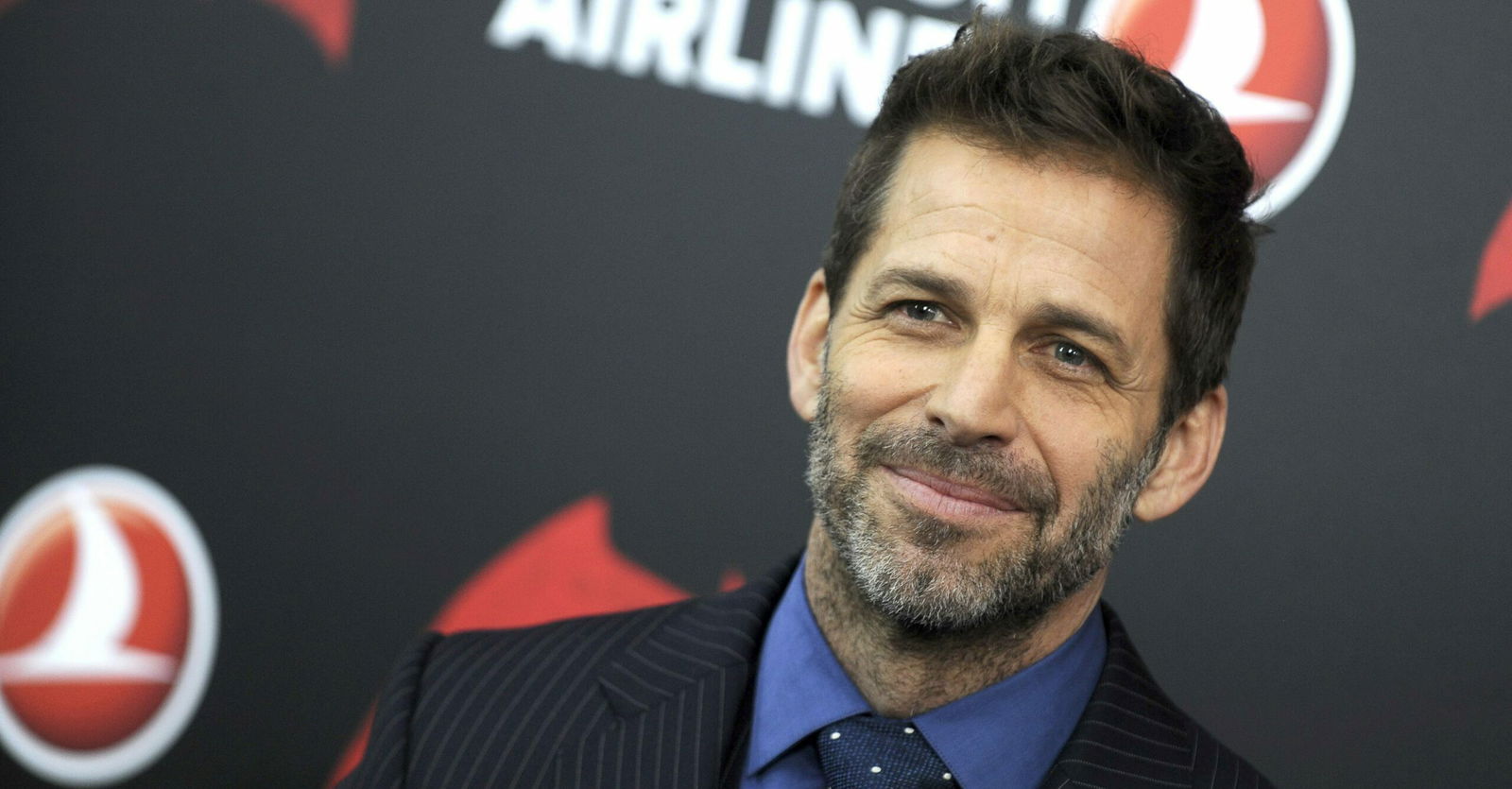How Accurate Is Christopher Nolan’s ‘Oppenheimer’? Historical Details to Know After Watching the Atomic Bomb Story on OTT

“I think the challenge is to try and find a balance between being faithful to the truth and being faithful to the story.” Christopher Nolan once quoted the lines on his Oppenheimer not serving as a documentary or a biopic in the traditional sense but as a gripping retelling of one of the most poignant points of 20th-century history. Circling the life of J. Robert Oppenheimer and the Second World War in general, the movie stands extraordinarily accurate though branching off or morphing a few details here and there for the sake of maintaining narrative consistency.
Based on the Pulitzer Prize-winning biography American Prometheus: The Triumph and Tragedy of J. Robert Oppenheimer by Kai Bird and Martin J. Sherwin, gives us leverage to verify the flick’s authenticity. As the award-winning flick landed on OTT across several platforms, including Peacock on February 16, here is a look at its historical accuracy.
1. J. Robert Oppenheimer and his personal life
ADVERTISEMENT
Article continues below this ad
The 3-hour movie opened up with a young J. Robert Oppenheimer played by Cillian Murphy, showcasing clear signs of a troubled genius. One of the stark proofs came when he injected cyanide into an apple and left it there for his Cambridge tutor to consume. While he hurried back the next day and threw it, in reality, it played out a bit differently. Although the apple indeed never happened to be consumed, the university found out about it and, after the intervention of his parents, sentenced him to lax probation and counseling.

via Imago
Credits: Imago
As for his personal life, Jean Tatlock played a key role in his life. Maintaining accuracy, the med student did have a distaste for flower bouquets. However, concerning them ending their tumultuous relationship, it was Tatlock who pulled the plug, according to the books, and not Oppenheimer. Moreover, the father of the atomic bomb also did leave Los Alamos in 1943 to visit her one final time. Finally, many of the key details surrounding his wife, Kitty, happen to be true, including her drinking habits as well as the postpartum depression events.
2. Communist ties and Soviet spies
Several times within the movie, Oppenheimer’s ties with communist channels brought him severe scrutiny. Notably, during the intense investigation, the Chevalier incident found a profound limelight. In one scene, his close friend, Chevalier, nudged him with an opportunity to pass the nuke secrets over to the Soviets, which he instantly shrugged off as treason before Kitty came bursting into the room. While mostly accurate except for the missus’ entry, Oppenheimer, in reality, trusted Chevalier to be more of a self-righteous think-tank than a Soviet spy and hence refused to name him early on.
Christopher Nolan played out in the end that the reason the Soviets got the H-bomb happened to be the undercover spy, Klaus Fuchs. However, he was not the only one. Ted Hall, a technician employed at Los Alamos, also passed on key details about the project across the lines, although, curiously, for no personal gain. He feared a US monopoly and hence delivered the messages. Additionally, another technician, David Greenglass, and an engineer, Oscar Seborer, also compromised secrecy.
3. The Lewis Strauss conspiracy
A pivotal moment in the film came with Lewis Strauss weaponizing William Borden by granting him access to Oppenheimer’s files. While the movie played it out as a brilliant twist with Robert Downey Jr. excelling at the role, in reality, the conspiracy stood hatched from the very beginning and the duo likely collaborated instead of Borden being simply set up. Additionally, Teller also played a role in aggravating the pool by letting loose details of the scientist’s reluctance to the H-bomb program as well as Kitty’s potential communist ties, something which never made its way on-screen explicitly.
As for the fuel behind the fire, the movie accurately depicted them, although shortened for narrative limitations. J. Robert Oppenheimer did publicly humiliate Lewis Strauss in front of Congress as well as snub his son and daughter-in-law when they tried to meet him at their wedding. Moreover, the frequent power struggles between the two, including the scientist’s ego causing him to prevent Strauss from buying property, manifested rapidly within the latter’s hearts, leading to a closed-hatch conflict.
4. Einstein, Truman, moral qualms and Oppenheimer
Christopher Nolan’s Oppenheimer sometimes used Tom Conti’s Albert Einstein as a plot device. A scene where the scientist approached his genius counterpart to verify the calculations regarding atmospheric ignition took place between Oppenheimer and Arthur Compton. Yet, the other parts of their somewhat cordial relationship remain true for the depiction. Additionally, the riveting concluding line of “I believe we did” did not take place and again happened to be a plot tool.
ADVERTISEMENT
Article continues below this ad
via Imago
Credits: Imago
After the end of the war, Oppenheimer met with President Truman, and, as per the movie, it did not go well with the latter denouncing “Don’t bring that crybaby into my office again”. Interestingly, it does stand historically accurate, and the book does mention retellings of the event going sideways with the scientist seeded in guilt regarding the devastations caused by the bombings. Furthermore, his qualms about further developing such weapons of mass destruction and the need to regulate them also happen to be accurate in the movie.
Overall, Christopher Nolan managed to bridge the gap between reel and reality with Oppenheimer. The justification of a leading 13 Oscar nominations as well as recent wins at BAFTA does lend justice to a brilliant piece of intricate craftsmanship and state-of-the-art cinema.
ADVERTISEMENT
Article continues below this ad
What are your reactions to the historical accuracy and slight narrative changes made by Oppenheimer? Let us know in the comments below.
ADVERTISEMENT
More from Netflix Junkie on Hollywood News
ADVERTISEMENT










